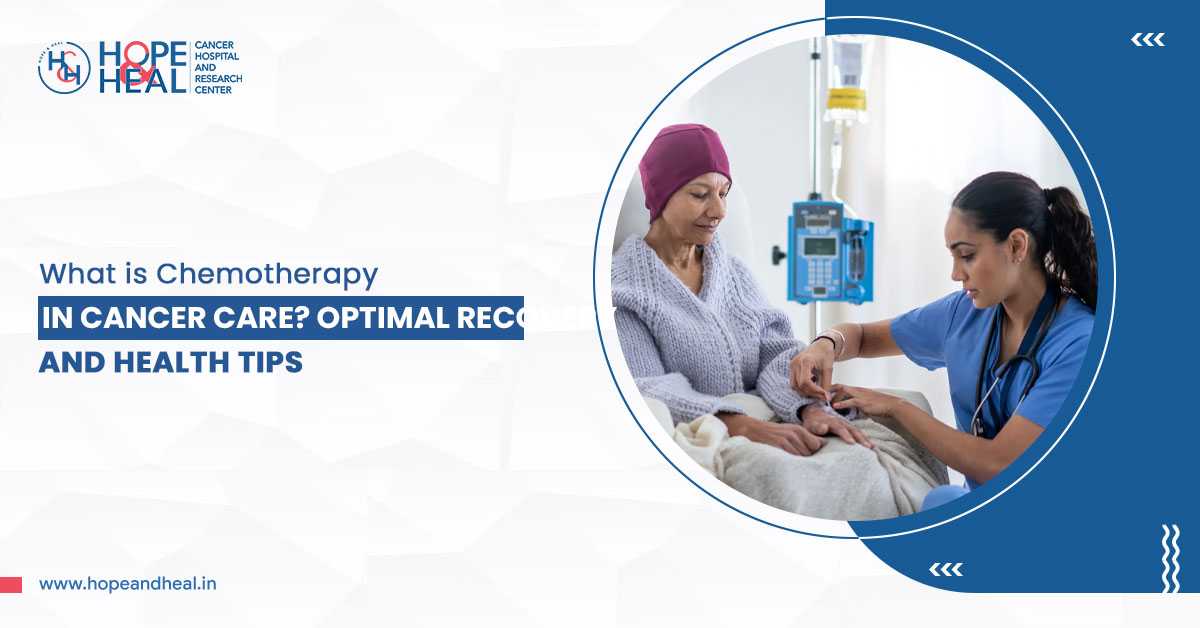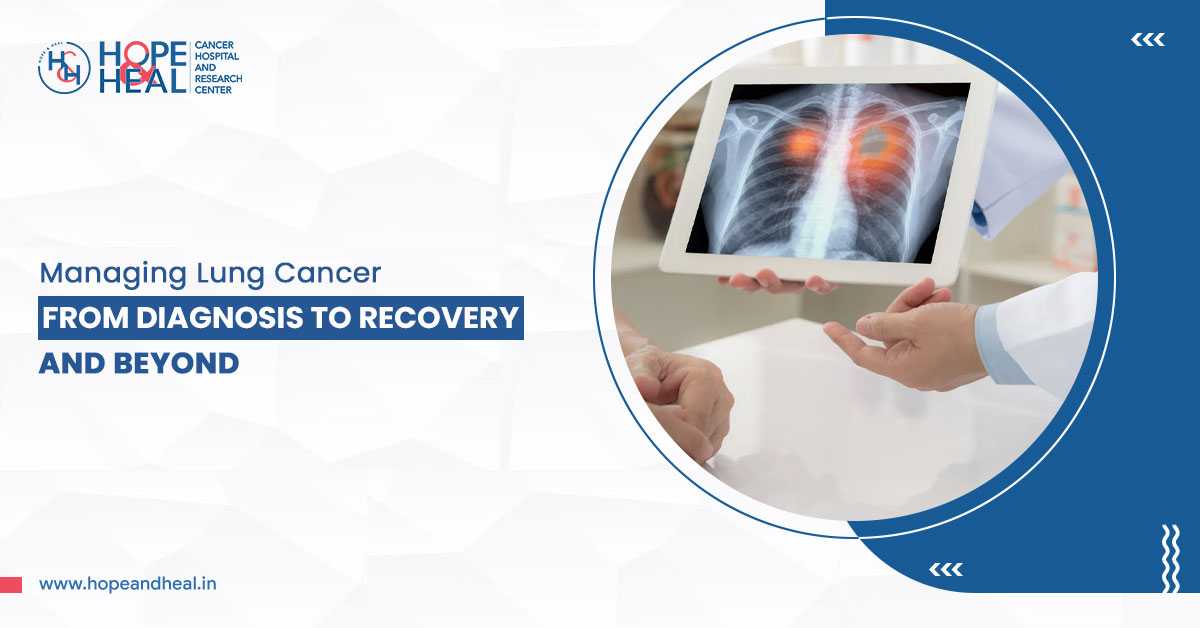It can be quite overwhelming to make your first visit to a cancer hospital. Anxiety, fear, and uncertainty are some of the feelings that may be evoked by the encounter, whether you are the patient or accompanying a loved one to the hospital.
Knowing what to expect during your first visit to the cancer hospital in Siliguri might lessen these emotions and make your visit easier to handle. Starting from assessing your health condition to determining the best course of action, there can be multiple steps that you need to follow during your visit.
Things You Can Expect During First Visit To The Cancer Hospital
1. Preparing for the Visit
Make sure you have all the required documents before your visit. Bring your current prescriptions, medical history, and any test reports from the past including imaging scans or biopsy reports. Make a list of the questions you would like to ask the doctor if you are coming in for a consultation. By being prepared, you can make sure that nothing important is overlooked during the appointment.
2. Check-in and arrival procedure
Checking in at the reception is the first thing you do when you get to the cancer hospital. Details about your insurance, medical history, and personal information will be requested. Additionally, you might be required to fill out various forms. Never be afraid to seek assistance if you're not sure where to go next.
3. Knowing the Medical Staff
You will visit with your primary care physician or oncologist after you have checked in. The oncologist will talk about your symptoms and evaluate your medical history. They will have a better understanding of your disorder and start developing a treatment plan during this visit. Additionally, you can come across other experts including radiologists, pathologists, and surgeons who will collaborate to create a thorough treatment plan.
4. Diagnostic Procedures and Tests
Your oncologist might suggest extra diagnostic procedures during your initial visit to the best cancer treatment hospital in Siliguri in order to confirm your diagnosis or determine the cancer's stage. These might consist of biopsies, CT scans, MRIs, X-rays, or blood tests. Some of them might need to be scheduled for later sessions, depending on the test. To help you prepare, the medical staff will explain about the tests before you have them done.
5. Treatment Planning
Your oncologist will assess the results of the diagnostic tests and suggest the best treatment. The type of cancer, its stage, and your general health all affect the treatment options. Radiation therapy, immunotherapy, chemotherapy, and surgery are common forms of treatment. It's crucial to inquire about the expected results and any possible side effects of the treatment. The length of your treatment, what to expect, and any lifestyle modifications you may need to make will all be covered by your doctor. This phase is crucial for establishing goals and being ready for what is ahead.
6. Psychological and Emotional Support
Being diagnosed with cancer can have a detrimental effect on your emotional health. In order to help patients and their families deal with the stress of diagnosis and treatment, many cancer hospitals offer emotional and psychological support. Counseling, therapy, or support groups where patients can meet people going through similar things are some of the support services. Remember that managing emotional well-being throughout cancer treatment is just as crucial as managing physical health.
7. Aftercare and Follow-Ups
You may probably have follow-up appointments to track your progress after your initial visit. These appointments are required to evaluate the efficacy of your treatment and make any necessary modifications. You should remember to keep track of the appointments your oncologist has set up for routine examinations and tests. These appointments are essential for monitoring your health and making sure that any issues are treated as soon as possible
8. Exploring the Hospital
Large cancer hospitals may have several departments dedicated to different services and treatments. Don't be afraid to ask for directions if you're not sure where to go next. Patient navigators are available at many hospitals to help you with hospital services, appointment scheduling, and other aspects of the process. This service can greatly simplify the process of navigating a big hospital.
9. Financial Factors
It's critical to determine the financial implications of your care because cancer treatments can be costly. Examine your insurance policy and the services it covers before your appointment. Financial advisers are available at many cancer hospitals to help you understand the cost and payment arrangements, answer billing inquiries, and explain your insurance options.
It might be quite fearful to visit a cancer hospital in Siliguri for the first time, but being prepared can help make the experience easier to handle. Cancer hospitals are there to offer complete care and support, from preparing for the visit to meeting the medical staff and exploring treatment options. Never be afraid to use the hospital facilities, ask questions, and seek assistance. With the correct planning and assistance, you can confidently get through this difficult period.






